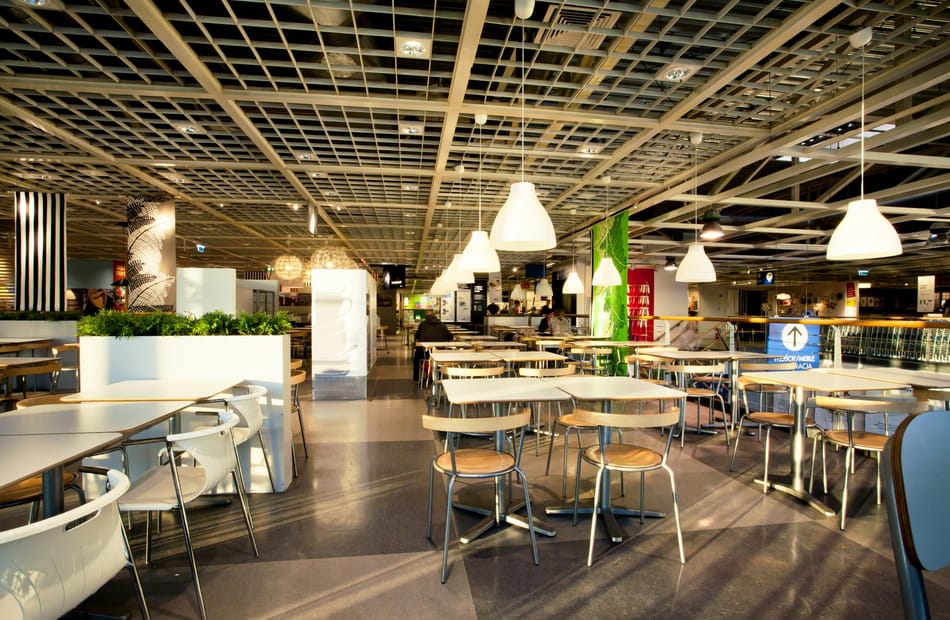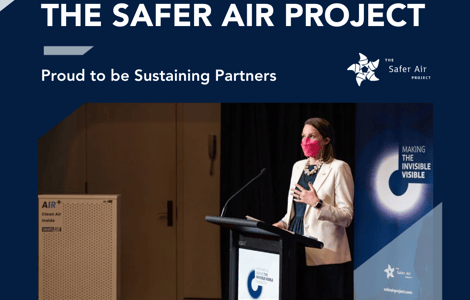News
Vital signs that your food court is a fire risk
26 September 2018

Spring has sprung and although the weather is getting warmer, your food court’s commercial kitchens shouldn’t be. To ensure your food court tenants are meeting the correct standards and performing safely, see if you’re experiencing the following signs.
Does it smell like grease?
If you walk past a restaurant and smell the odour of grease, this is a sign that the kitchen is overheating. Jason Mittenzwei, Operations Manager of Airgene says that “fires in commercial kitchens are not uncommon. In fact, most commercial kitchen fires will involve the kitchen exhaust hood or ductwork. These types of fires can spread upwards through the ducts and throughout the building. This has the potential to create major incidents not only in the kitchen or restaurant, but also in adjoining floors and buildings.”
Frequent compliance inspections ensure that your tenants’ kitchen hood exhaust systems are cleaned or replaced in accordance with the correct standards to prevent these risks.
Are customers and staff looking uncomfortable?
A smelly kitchen can deter customers from visiting the restaurant and make them feel uncomfortable ordering food. But also, heat that builds up in the kitchen can cause staff to perspire and feel just as uncomfortable in their own workplace.
The kitchen exhaust hood and duct work systems play an important role in filtering the kitchen air from serious gases that are produced during cooking. This causes discomfort and creates an unhealthy working environment as well as an unsafe restaurant.
Are the kitchen systems looking too small?
Undersized exhaust hoods and duct work installations cause many issues in the commercial kitchen. When remodelling, new owners tend to refurbish the kitchen without considering the sizing requirements of the existing kitchen systems. Undersized exhaust hoods are not capable of filtering polluted air while keeping fresh air in the kitchen. Following practical measurements according to AS/NZS 1668.1, will ensure the exhaust hood and duct work installations can perform safely and the kitchen air is healthy.
These three signs are only the first steps in identifying commercial kitchen risks. The complexity of Australian regulations and standards can make it difficult to make sure you have safeguarded your equipment, building, staff and customers.
Airgene technicians specialise in premium kitchen compliance cleaning and checks that are carried out according to AS/NZS 1851 and AIRAH best practice guidelines.
If you think your food court could be at risk, contact Airgene on 1300 728 310
Related Articles

Sustaining Partners of The Safer Air Project
We are proud to support The Safer Air Project - playing a leading role in national IAQ advocacy, public awareness, education and policy influence.
2 March 2026
News
.png)
Precise recognised by Avetta as an ESG Innovator
Precise has been recognised by Avetta as a 2025 ESG Innovator, reflecting our commitment to responsible environmental, social, and governance practices.
29 January 2026
News

Supporting memorable experiences at the ATC
Precise Air has been partnering with the Australian Turf Club since 2021, providing HVAC and Fire services, and kitchen compliance cleaning to over 4,000 assets across their portfolio. Visitors expect a premium experience every time. Our shared goal is to ensure they enjoy their time without even noticing the conditions we provide. ATC’s General Manager Facilities, John Winter, explains that “one of the standout aspects of our partnership is the level of preparedness we can achieve together. Their team understands the pressure we face during major events and works alongside us to ensure everything is ready, from compliance to comfort.” To find out how Precise Air, Precise Fire and Airgene are working side-by-side with the ATC, please watch our video.
3 December 2025
News, Case Studies